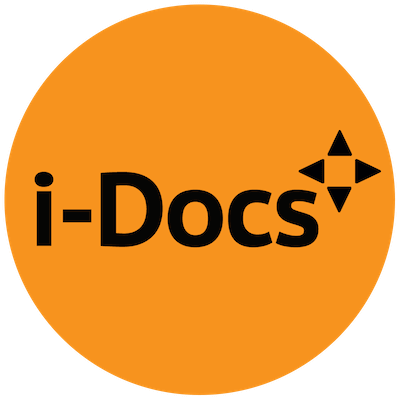
Peter Dukes is the Course Leader, with teaching and research interests across moving image and interactive media, both practice and theory. He studied Fine Art at Central St Martins and the Royal College of Art, and his practice encompasses gallery and web-delivered moving image and interactive media art. His current interests are in investigating new forms of interactive documentary, and also the potential of mobile and location-aware media. He has previously taught at several other universities and art colleges, most recently at the University of Hertfordshire, where he was Programme Leader for BA Digital and Lens Media.
Session Title: Participation in interactive documentary as a simulacrum of social change
Interactive documentary participants are sometimes offered the ability to change the work: add content, edit links, tag data, perhaps even reframe the purpose of the documentary.
I presume that we – ie makers and appreciators of interactive documentaries – want this (and like the idea of this) because we think it might be analogous to active engagement with the real world issues represented in the documentary (The Waiting Room and Highrise might be examples here). In other words, the interaction is a simulacrum of social commitment and consequent intervention in the public sphere.
This is similar to claims made for the social value of ‘relational’ art, as outlined by Nicolas Bourriaud. It also aligns with the methods of reflexive anthropology discussed in a short i-docs.org article by Kerric Harvey.
Commentators on new media culture have long promoted the social efficacy of user engagement, with Henry Jenkins and David Gauntlett prominent recent advocates for the social benefits of participation. In Claiming the Real (2008), Brian Winston uses the term ‘socio-cultural animator’ – perhaps not without irony – to describe the facilitative function that would be a pre-requisite of a successful participatory documentary, ethically preferred to other documentary methods.
Winston also expresses profound scepticism concerning the capacity of new media to overcome barriers to distribution and reach a ‘decision-maker’ audience, and thereby effect social change. The hope attached to socially enabling interactive documentary is that it will find a way to evade institutional barriers.
This paper will explore the explicit and implicit aspirations for interactive documentaries as instigators of real world change, and the likely impediments.
